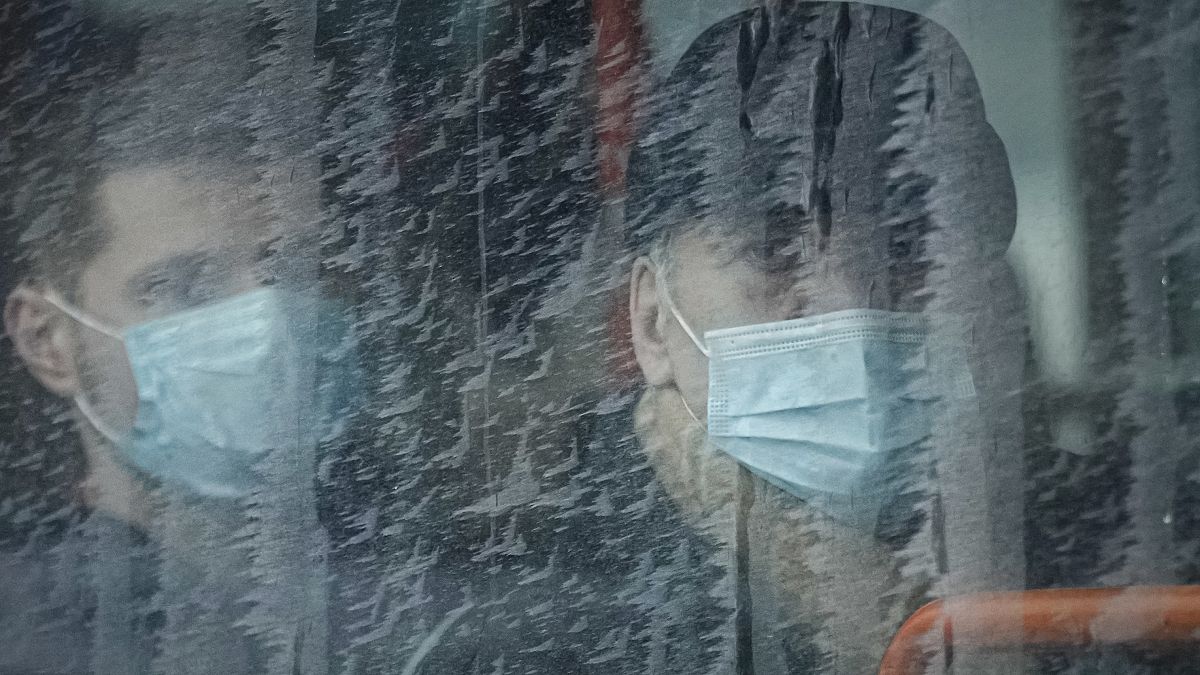Face masks will be mandatory and bars and restaurants will operate at 50% or 30% capacity as part of the new measures.
Romania has imposed stricter pandemic measures amid rising COVID-19 cases that authorities say could overwhelm the country's health system.
The new measures include mandatory mask-wearing with fines up to €500, authorities said.
Bars and restaurants can stay open until 10 p.m. and operate at 50% or 30% capacity depending on the area’s infection rate, and COVID-19 passes are required.
The same goes for sporting events, gyms, and cinemas. Meanwhile, quarantine and isolation periods have been reduced.
Infections in Romania have risen from fewer than 1,000 new cases in December to around 6,000 in the past week.
It is the highest number since early November when cases fell after a vicious fourth wave.
Health minister Alexandru Rafila said in a press briefing on Friday that Romania is “already in the fifth wave of the pandemic” and that omicron is expected to soon become the dominant virus strain.
“For the time being, there is a sporadic transmission (of omicron),” he said. “But it is very possible that in the coming days, the coming weeks, we will witness a community transmission supported by this new strain.”
In the fall, Romania reported record COVID-19 infections and deaths and at one time had the highest mortality rate globally.
Romania, a European Union country of around 19.5 million, is the bloc's second-lowest vaccinated nation against COVID-19, with just 40% fully vaccinated.
Experts blame widespread disinformation, a strong distrust of government authorities and an ineffective national campaign among reasons for vaccine hesitancy.
